1. Bath leads to major mathematical discovery

Ancient Greek mathematician Archimede’s neighbours thought he was a right fool when he ran naked in the streets, but after his revolutionary discovery the joke’s on them.
It all started when Archimedes was asked to determine whether a new crown made for King Hiero II was solid gold. There was a catch though: he had to do it without breaking the crown in the process.
When taking a bath one day, he noticed the water level rose as he got in. It occurred to him by submerging the crown in water, it would displace a measurement of water equal to its own volume. This in turn would allow him to figure out the density of the crown when dividing its weight by the volume of water displaced. If the density was lower, the gold would be cheaper because less dense metals would have been added. Problem solved!
He was so delighted by his discovery, he ran out into the streets naked crying "Eureka!”, the Greek for "I have found it!".
- Want to succeed with maths? Try our free course.
2. Mouldy container saves the world
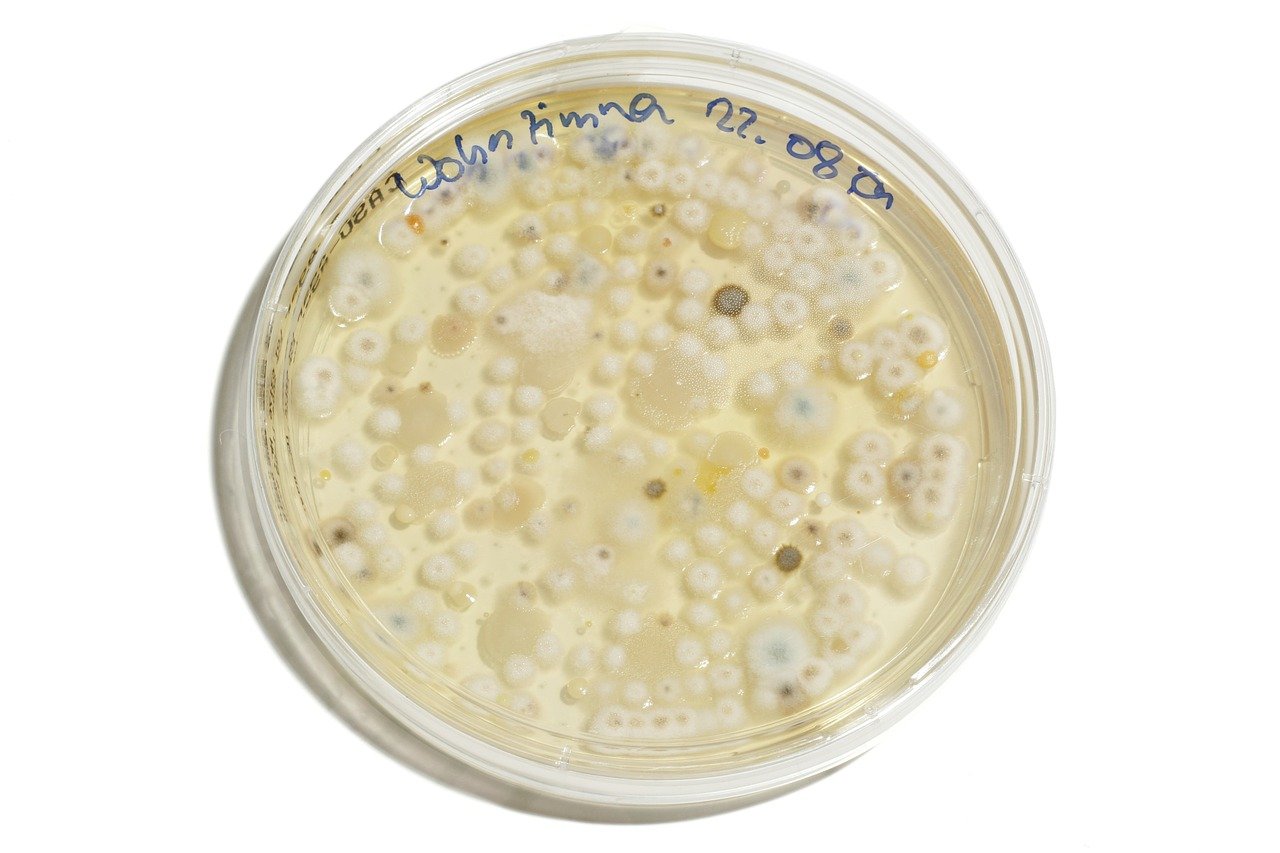
This has all the hallmarks of a classic April Fool's Day prank.
After returning from a holiday in September 1928, Scottish scientist Alexander Fleming found something unusual in one of his petri dishes of Staphylococcus, the bacteria that causes boils, sore throats, and abscesses.
This particular dish was dotted with colonies... apart from one section of mould. The area immediately around it was completely clear, indicating the mould had secreted something that inhibited bacterial growth.
On further investigation, Fleming discovered this mould – what he first labelled ‘mould juice’ – was capable of killing a wide range of harmful bacteria.
He eventually identified the mould as being from the ‘Penicillium genus’ so named it penicillin, the group of antibiotics that continues to save many millions of lives today. You can find out more in the video below.
- Discover the story of antibiotics for yourself.
3. Teenager in Leicestershire discovers beginnings of life on Earth
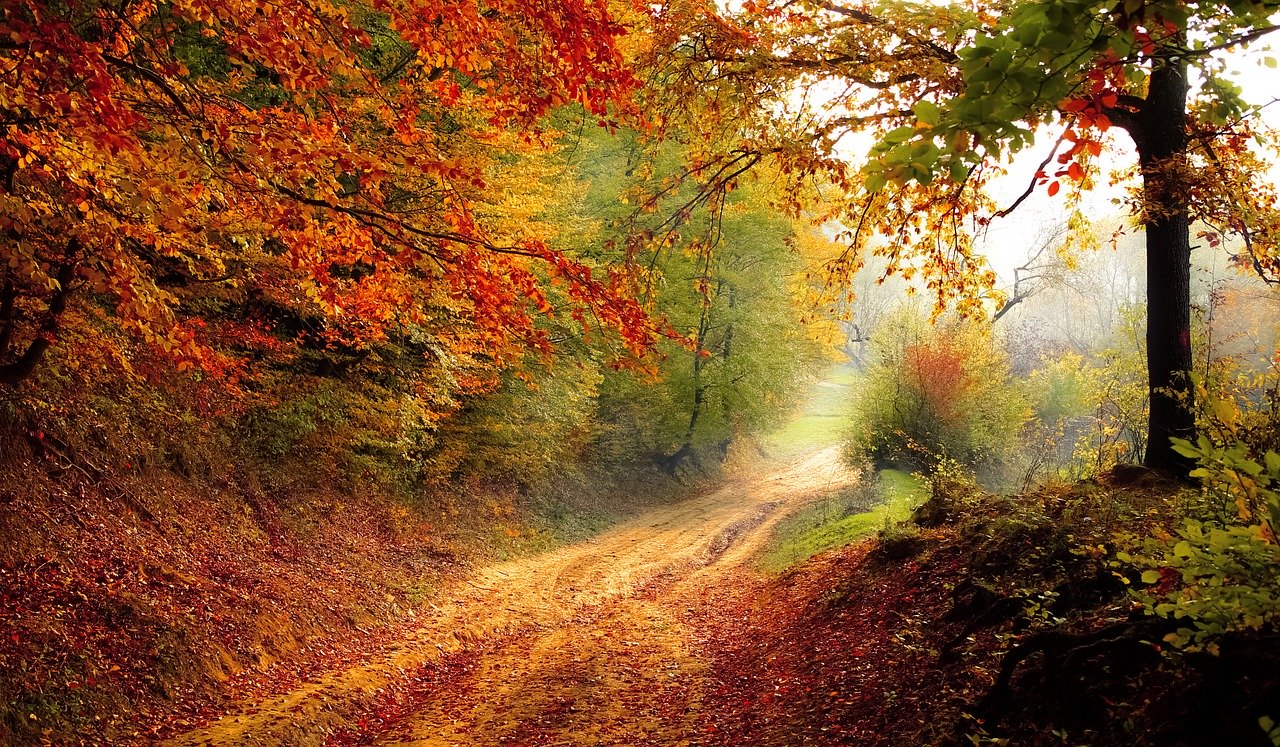 A walk in the woods can lead to some interesting discoveries
A walk in the woods can lead to some interesting discoveries
If this teenager had shared this story on 1st April, people would have thought he was pranking.
During a walk in the woods you might expect to find plenty of trees, leaves and maybe even animal droppings. But 15-year-old Roger Mason found fossils embedded in the rocks of Charnwood Quarry in Leicestershire, later confirmed by scientists to be the first evidence of Precambrian life.
Roger’s ‘forest find’ was identified at the University of Leicester in 1957 and proved life existed on Earth far earlier than previously thought.
- Learn more about the geological processes in the British Isles with this free course.
4. Shepherd throws rock into cave and discovers origins of Christianity
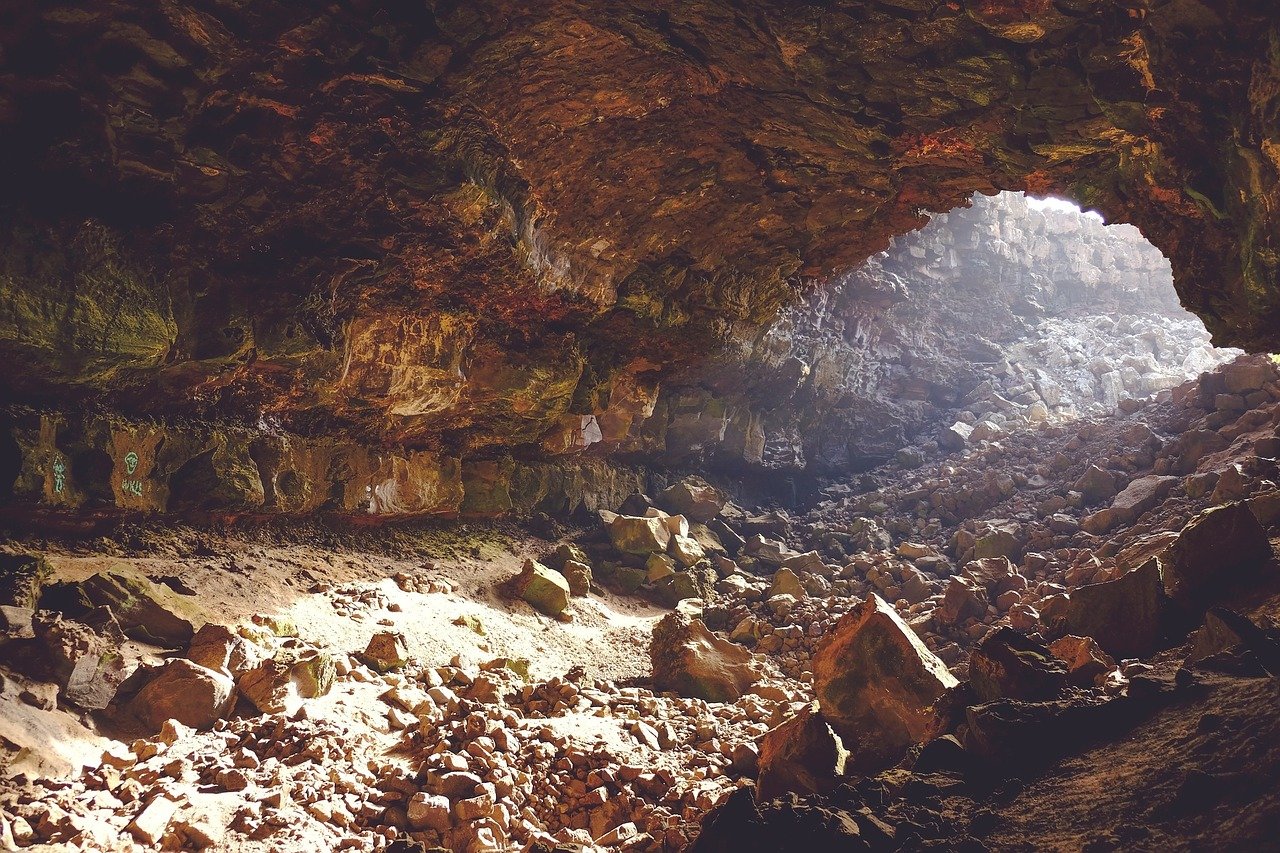 Who knows what treasures your local cave can hold?
Who knows what treasures your local cave can hold?
Back in the 1940s, a young shepherd called Muhammed Edh-Dhib from Qumran in the West Bank got bored while looking for a stray goat. So he decided to throw some stones at a rock. It's this that led to one of the most important discoveries in the world of religion.
When one of the stones fell into a hole, the shepherd heard the sound of pottery breaking. He climbed in to investigate and was surprised to find several scrolls in a jar.
This led to the discovery of the remains of more than 900 manuscripts in 11 caves. Upon further investigation, it was discovered the bonanza included works from the Hebrew Bible including copies of Genesis, Exodus, Isaiah, Kings and Deuteronomy as well as calendars, hymns, psalms and more.
These are now known as the Dead Sea Scrolls.
- Try our free course on religion.
5. Process designed to help alcohol industry saves lives

You'd think it was an April Fool's Day prank if someone told you something designed to help the alcohol industry saved lives, wouldn't you?
Back in the nineteenth century, French scientist Louis Pasteur was commissioned by a local alcohol manufacturer to figure out why their beer and wine were turning sour.
He discovered the blame lay with organisms such as bacteria – the same bacteria that could be destroyed by boiling then cooling liquids, a process now known as pasteurisation. When extended to milk, this wiped out the leading cause of infections such as tuberculosis, listeriosis, typhoid fever, diphtheria and brucellosis.
Bonanza! The discovery of one of the most vital sterilisation processes.
- Read this article on the processes involved with putting food and drink on the plate.
6. Nomad accidentally invents one of the world’s most popular foods
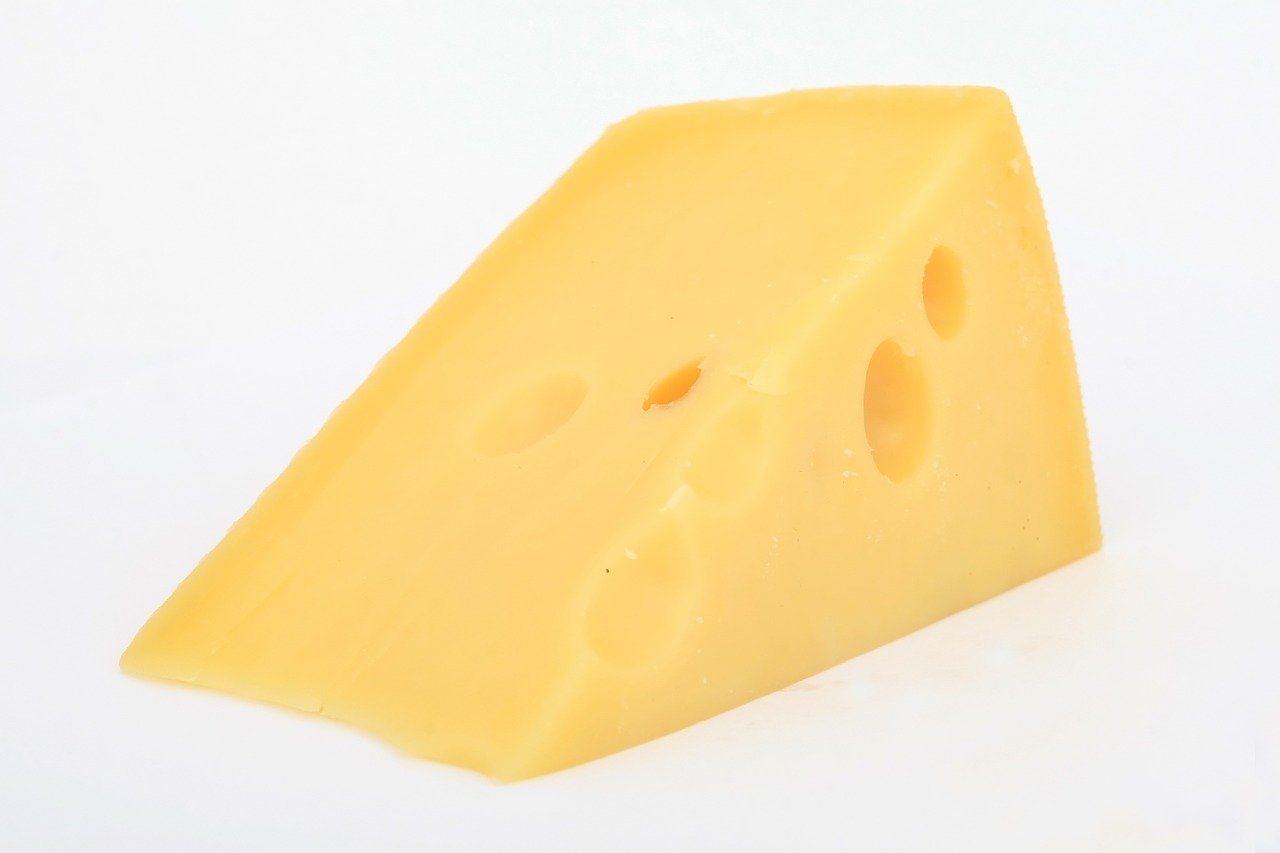
Legend has it that cheese was discovered by an Arab nomad five thousand years ago as he travelled across a desert on a horse.
To sustain him during his journey, he filled a saddlebag with milk to drink. But after several hours, he discovered the milk had turned into a watery liquid with solid white lumps.
These lumps were curds which were created from a combination of the rennin from the saddlebag which was made from an animal’s stomach, the hot sun and the galloping motions of the horse.
And thus cheese was discovered.
- Find out more about cheese in this article.
7. Microwaves created from melted chocolate
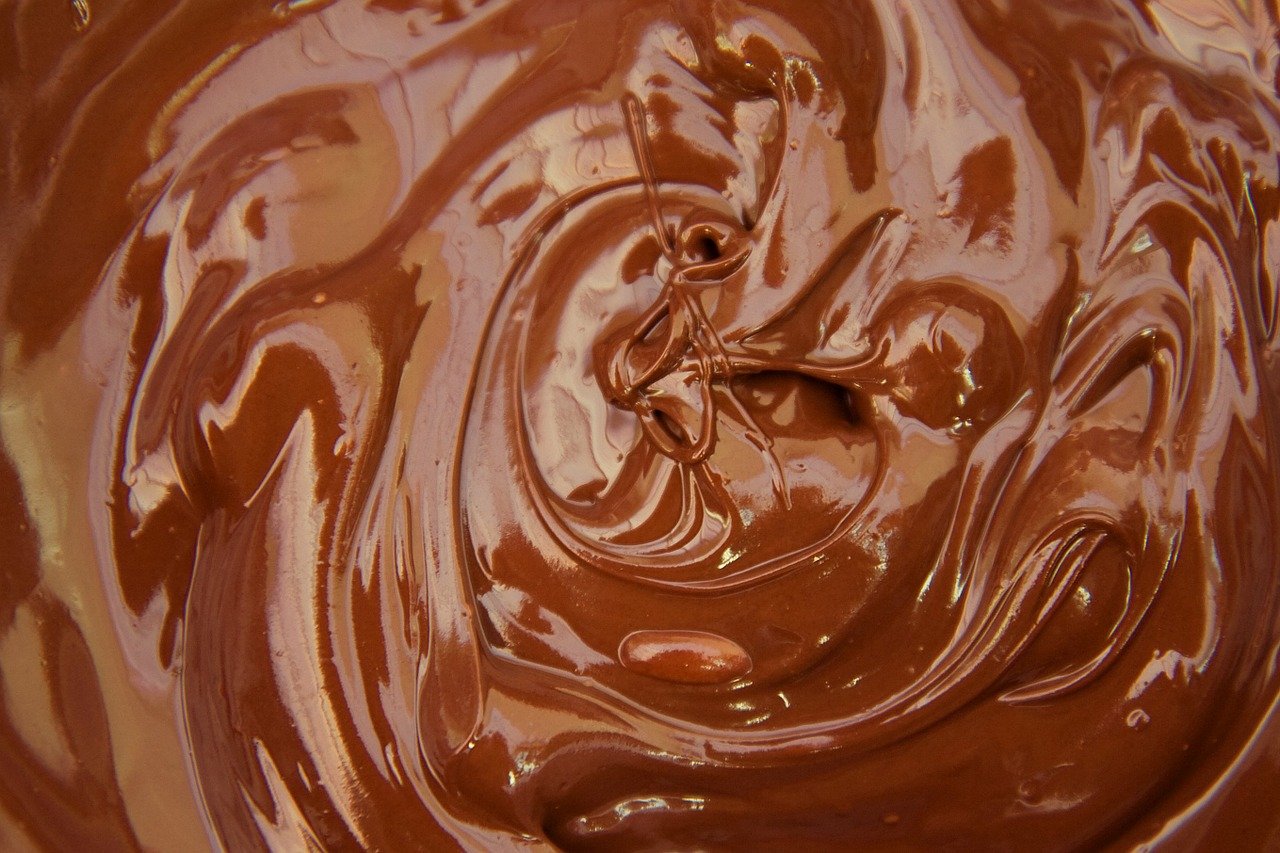
When American engineer Percy Spencer walked in front of a magnetron in 1945 - a vacuum tube used to generate microwaves - he noticed the chocolate bar in his pocket melted.
After a few more experiments, the microwave was born. Can you imagine life without one now?
- Discover an unconventional way to measure the speed of light using the microwave in your kitchen in this video.
Have you ever thought about what you might accidentally discover about yourself? Many Open University students surprise themselves when they sign up for courses, discovering new skills and capabilities. Find out how you can make some accidental discoveries through life changing learning.
Rate and Review
Rate this article
Review this article
Log into OpenLearn to leave reviews and join in the conversation.
Article reviews